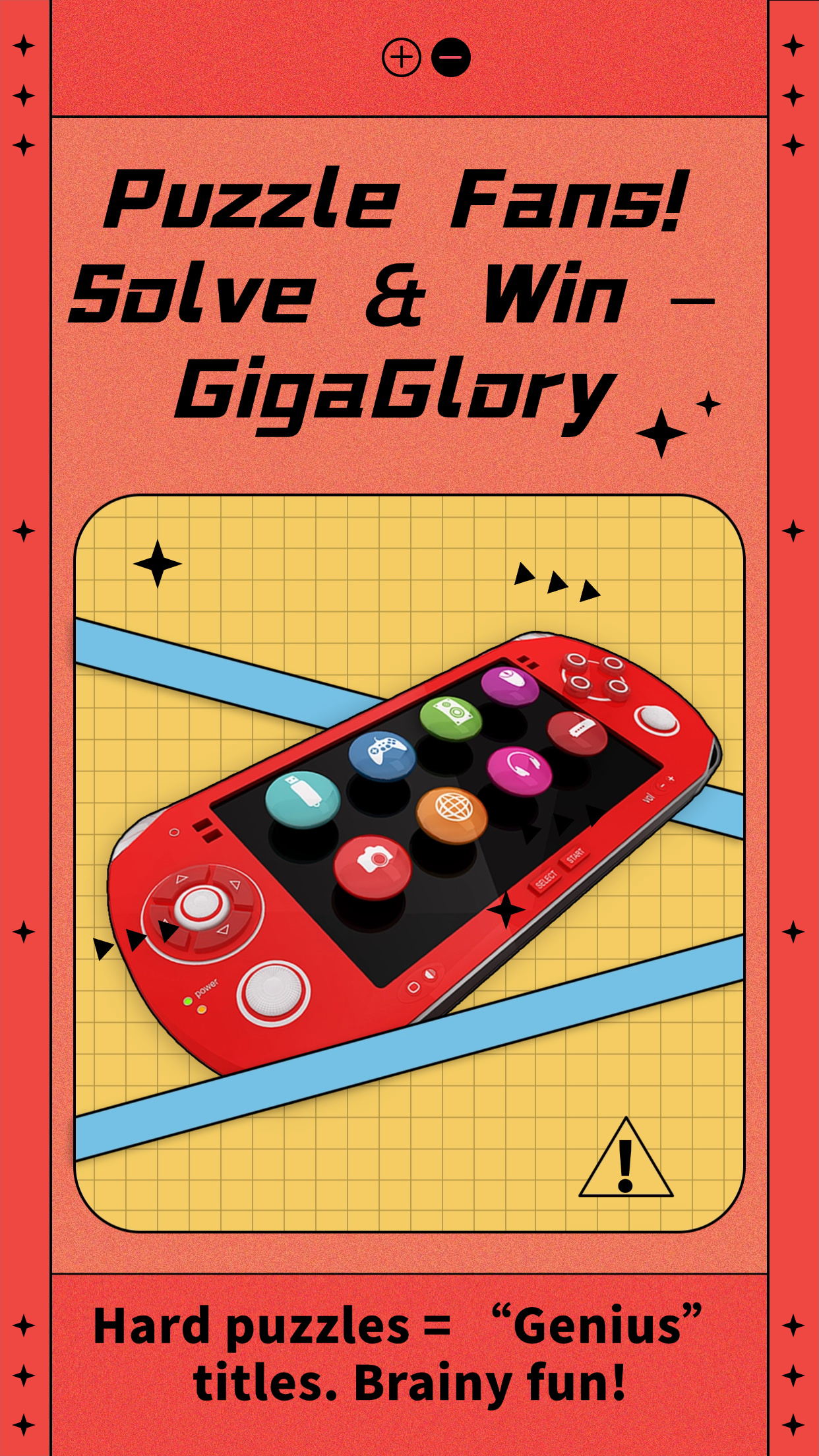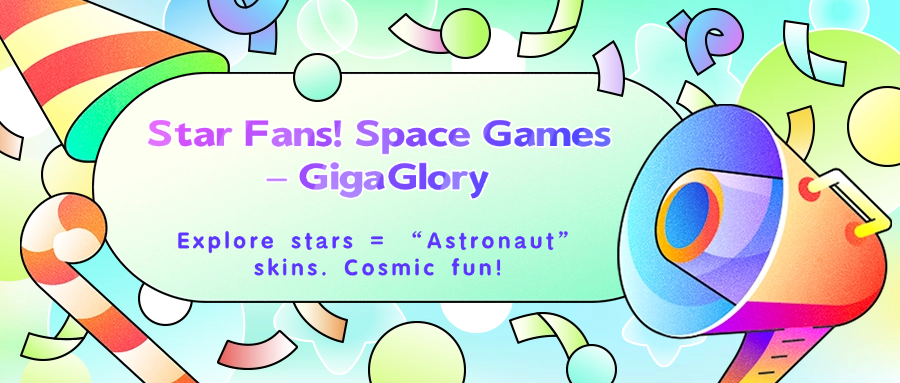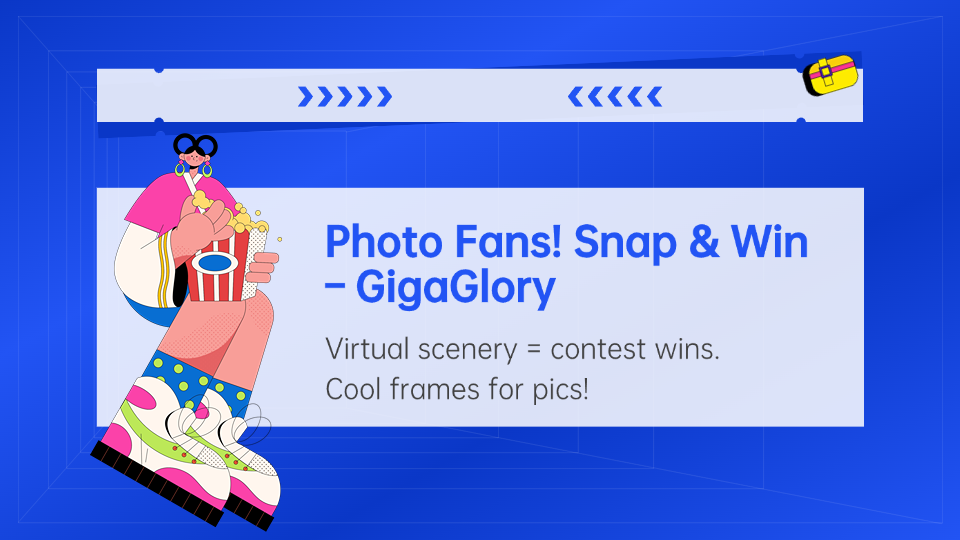How MMORPGs Evolved from Classic Clicker Games to Immersive Worlds
The Birth of Clicker Games
In the gaming universe, clicker games emerged as a simplified genre that grabbed the attention of casual gamers. With mechanics focused around repetitive clicks and basic resource management, these games were all about unlocking new features and upgrades through consistent interaction. Players found joy in the incremental progress they made, engaging in virtual worlds where every click counted.
From Clickers to Complex Worlds
As the gaming industry expanded, it quickly became clear that there was a demand for more engaging experiences. Gamers began to seek out deeper, more immersive adventures that fostered collaboration and community through a shared narrative. This shift laid the groundwork for the development of Massively Multiplayer Online Role-Playing Games (MMORPGs).
The Appeal of MMORPGs
MMORPGs combined the simplicity of clicker games with the complexity of rich storytelling, detailed environments, and extensive player interaction. This amalgamation created an enticing digital universe that appealed to both hardcore gamers and casual players. The sense of community while engaging in immersive quests drew players into these realms, giving them a shared experience that simple clickers could not provide.
Clicker Mechanics in MMORPGs
Interestingly, elements from clicker games were often woven into MMORPG frameworks. The necessity to gather resources, achieve levels, and unlock new abilities echoed clicker mechanics. The term “clicker” even found a home in MMORPGs with features that required players to repeatedly engage with the game world to gain rewards, showcasing that both genres could coexist.
Iconic Titles in the Evolution
The journey from basic clicker games to complex MMORPGs is marked by iconic titles. Here is a table showcasing a few significant releases:
| Game | Release Year | Key Features |
|---|---|---|
| Cookie Clicker | 2013 | Incremental earning, upgrades, and automation |
| World of Warcraft | 2004 | Massive worlds, quests, and player interaction |
| Clash of Clans (Builder Hall 3) | 2016 | Building and strategy elements in a competitive setting |
| Roblox Survival Games | 2006 | User-generated content, diverse gameplay styles |
Community and Social Interaction
One of the most significant aspects of MMORPGs is their capacity to foster community. Players engage in guilds, parties, and alliances, creating friendships that transcend in-game realms. The camaraderie found within these communities often echoes the social dynamics found in traditional sports teams or clubs, making the gaming experience all the more enriching.
Technological Advancements
As technology advanced, so did the capability of MMORPGs. Enhanced graphics, more detailed storylines, and improved AI systems led to increasingly lifelike gaming experiences. The evolution from clicker games having simple 2D graphics to MMORPGs featuring expansive 3D worlds and complex narratives is remarkable.
The Role of Virtual Economies
Virtual economies began to flourish within MMORPGs, allowing players to trade, sell, and purchase in-game assets. These economies mimic real-world financial systems, offering players a sense of ownership and investment in their virtual adventures. It's fascinating how concepts from clicker games—like resource management—are intricately tied to the economic structures of MMORPGs.
[New trends] in Gaming
The shift to mobile gaming has brought MMORPGs to wider audiences. Games like Roblox Survival Games allow players to experience the thrill of MMORPGs on the go. This accessibility is changing the gaming landscape, enabling more individuals to participate in these once-exclusive experiences.
Future of MMORPGs
Looking ahead, the future of MMORPGs seems bright. As new technology emerges, including virtual reality (VR) and augmented reality (AR), the very definition of immersive gaming is likely to evolve yet again. The potential for further blending genres, influencing both MMORPGs and clickers, is endless.
Conclusion
MMORPGs have come a long way from their clicker game roots. The evolution embodies a journey that transcends mere game mechanics, tapping into human desires for connection, achievement, and adventure. As gaming culture continues to grow and change, one can only wonder what the next phase of this evolution will look like. With advancements in technology and shifts in player preferences, MMORPGs will undeniably adapt, perhaps drawing further inspiration from the simplicity of clickers while pushing the boundaries of immersive worlds.



